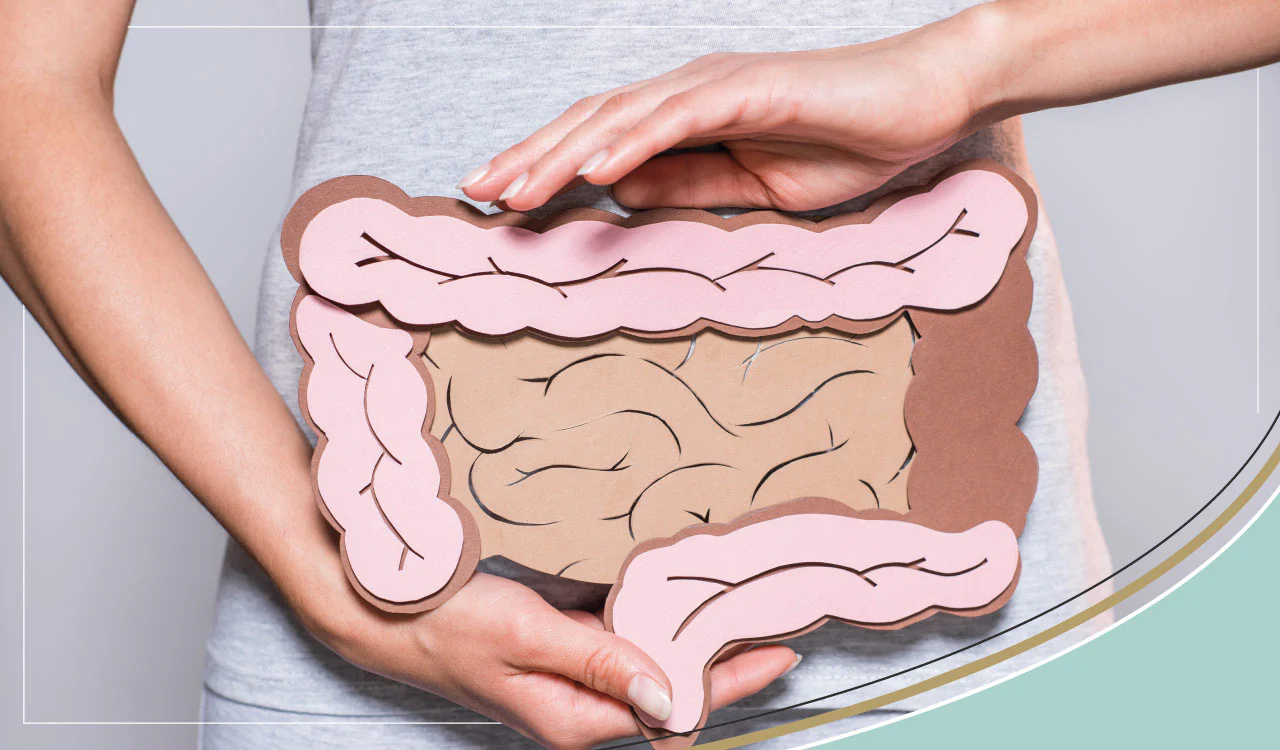Your baby’s first year is packed with exciting milestones from their first smile to their first taste of solid food. Starting solids is a thrilling step, but with so much advice out there, it’s easy to feel unsure. Even well-meaning parents can fall into common feeding mistakes without realising it.
This guide breaks down the most frequent pitfalls during the weaning journey and shares practical, supportive tips to help you navigate feeding with more confidence.
Mistake 1: Starting Solids Too Early or Too Late
A common question among parents is: When should I start my baby on solids? Current NHS guidelines recommend introducing solid food at around 6 months old, when your baby can sit up unaided and shows signs of readiness, such as interest in food and good head control.
Introducing solids too early (before 4 months) may increase the risk of digestive issues or food allergies. Waiting too long—past 7 or 8 months—can lead to nutritional gaps, especially with iron, and might delay the development of chewing skills.
Tip:
Look for signs of readiness rather than relying strictly on age. If you’re unsure, a quick chat with your health visitor can be helpful.
Mistake 2: Limited Variety on the Plate
It’s natural to stick to what you know, especially in the early stages of weaning. But offering the same puréed carrot or banana repeatedly can actually make your little one a fussier eater later on.
Babies benefit hugely from a diverse diet—exposure to a wide range of tastes and textures early on helps them develop broader food preferences as they grow.
Tip:
Offer a rainbow of natural foods, including soft vegetables, fruits, grains, dairy, and safe proteins. Try to rotate ingredients during the week so your baby experiences different flavours and nutrients.
Mistake 3: Avoiding Common Allergens Without Cause
Many parents understandably worry about food allergies and avoid introducing items like peanuts, dairy, or eggs too early. But delaying these unnecessarily can actually raise the chances of allergies developing. Being aware of your child’s risk of food allergies allows you to introduce new foods with the right timing and care.
Tip:
Introduce allergens one at a time, ideally earlier in the day, and keep an eye out for any signs of a reaction. Always speak to your health visitor if your child has severe eczema or a family history of food allergies.
Mistake 4: Believing Weaning Myths
The world of weaning is full of advice—some helpful, some outdated. You may hear that “babies shouldn’t have spices” or “fruit makes them refuse vegetables.” These myths can prevent you from offering balanced, flavourful meals. A great resource for debunking common weaning myths clears up frequent misconceptions and helps parents feel more confident about their choices.
Tip:
A little spice, soft herbs, and flavour variation can make weaning more enjoyable for your baby and for you.
Mistake 5: Not Progressing with Texture
Starting with smooth purées is fine, but staying in that stage for too long can delay the development of chewing and swallowing skills. Babies are often ready to move onto mashed foods and soft finger foods within a few weeks of starting solids.
Tip:
Once your baby is confident with purées, offer a mix of mashed foods, soft lumps, and safe finger foods like soft-cooked vegetables, strips of toast, or pasta. This supports oral development and self-feeding confidence.

Mistake 6: Worrying Too Much About the Mess
Let’s face it: weaning is messy! But the mess is part of the learning process. Touching, squashing, and even throwing food helps babies learn about texture and hand–eye coordination.
Tip:
Embrace the mess with a splash mat and wipe-clean bibs. Mealtimes should be fun, not stressful—for both of you.
Mistake 7: Measuring Success by How Much Baby Eats
In the first year, breast milk or infant formula remains your baby’s main source of nutrition. Solids are about learning, exploring, and experimenting. It’s perfectly normal for some babies to eat just a few spoonfuls in the beginning.
Tip:
Focus on offering regular, low-pressure mealtimes. Let your baby decide how much to eat, and trust that appetite will naturally increase over time.

Supporting a Positive Start to Weaning
There’s no one “perfect” way to feed a baby, and every family’s journey looks different. Avoiding these common mistakes can help ease your mind and create a more relaxed and positive weaning experience.
If you’re looking for gentle guidance, support, and organic meal options that suit your baby’s nutritional needs, Little Piccolo offers a range of weaning-friendly products inspired by the Mediterranean diet. It’s a lovely option for parents who want to keep things wholesome, flavourful, and fuss-free.
YOU MAY ALSO LIKE: Beyond Pixels: How TributePrintedPics Turns Your Digital Memories into Timeless, Tangible Treasures











